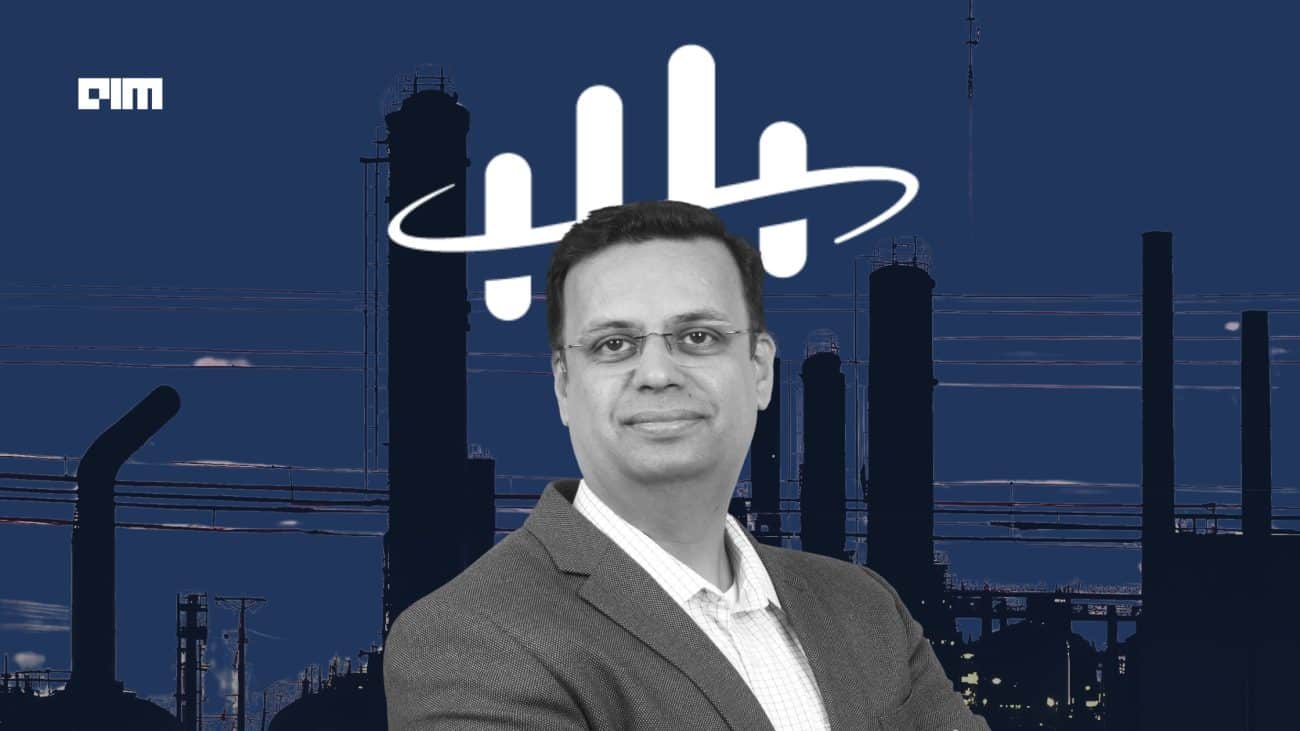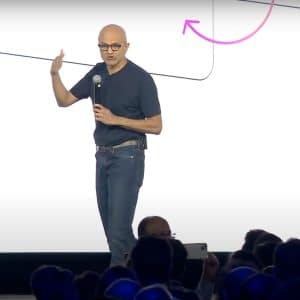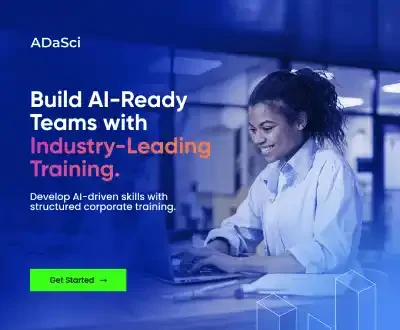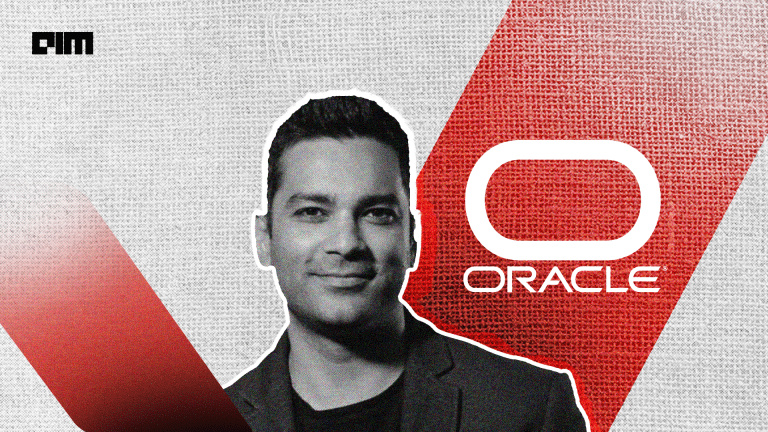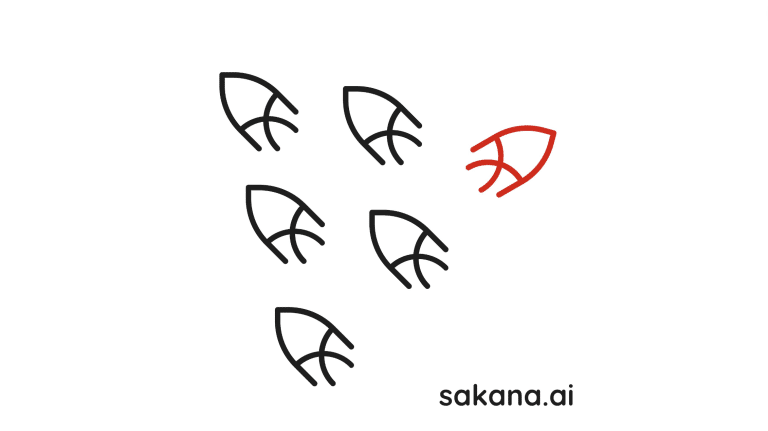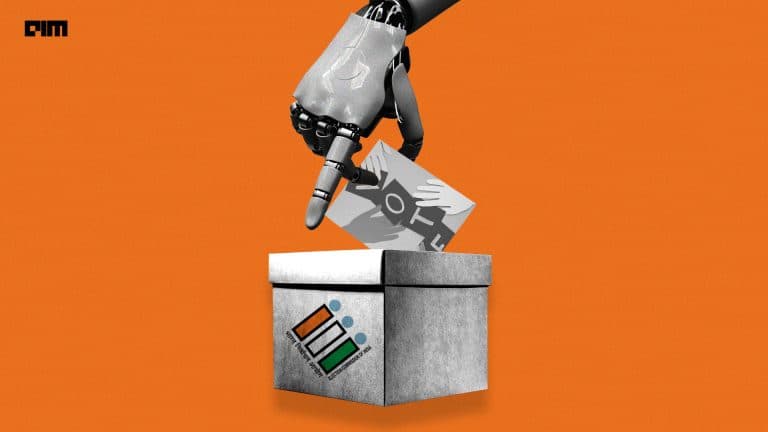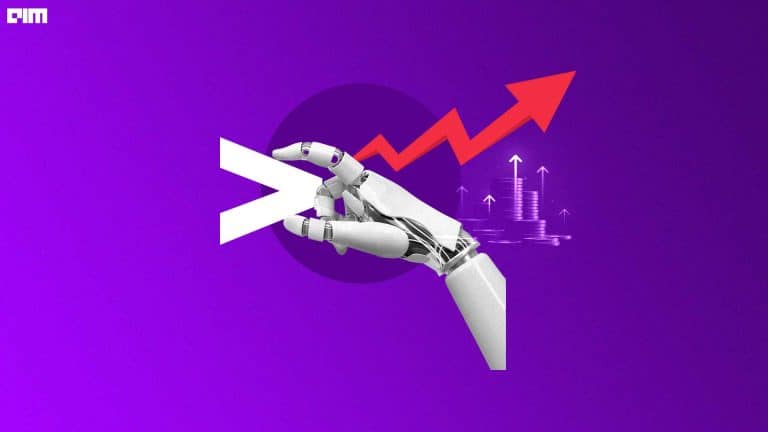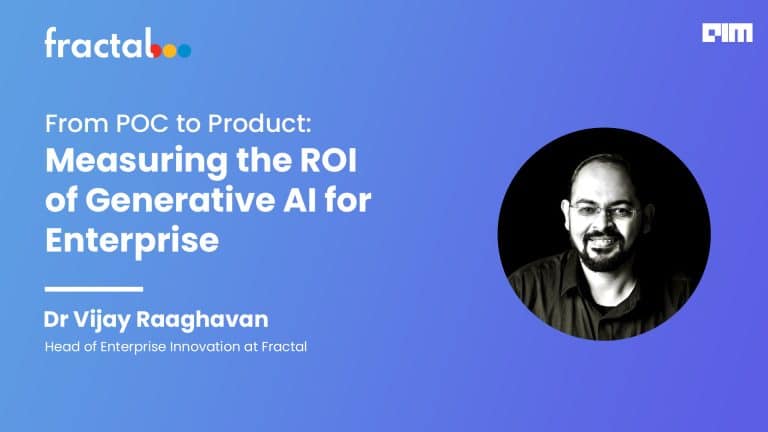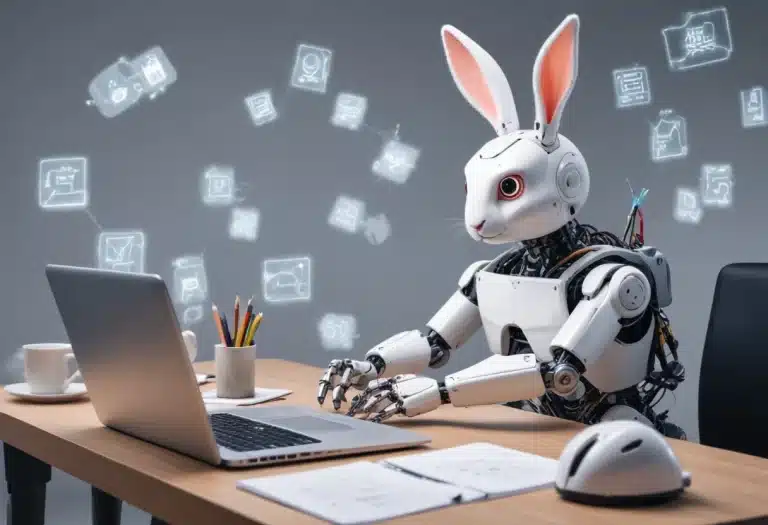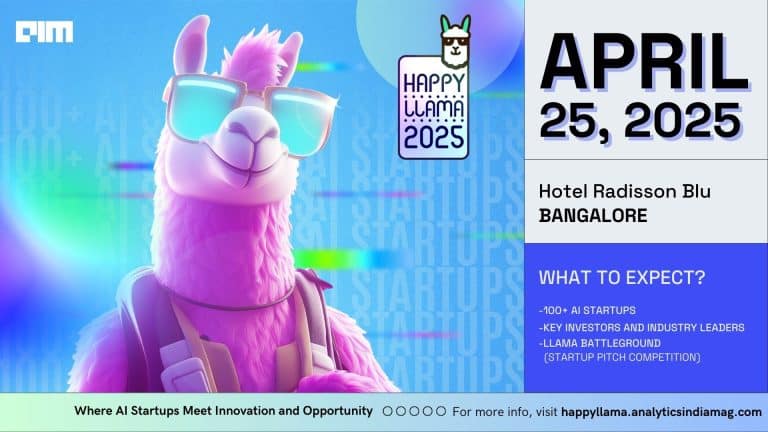Cognite, a global industrial AI and data company, is expanding its footprint in India with its new global capability centre (GCC) in Bengaluru in March. After setting up first in Oslo, followed by Texas and Japan, the team has now decided that India is the right place to attract the top AI and ML talent.
Cognite specialises in providing data and AI solutions tailored for asset-heavy industries such as manufacturing, oil and gas, and energy. These industries operate with a complex network of IT and operational technology (OT) systems, requiring seamless access to diverse data sources.
Under the leadership of Guru Ananthanarayanan, who was appointed the managing director of Cognite India in August last year, the company aims to make the India Centre the R&D hub for scaling its agentic AI framework, Atlas AI.
“Large industrial companies have multiple IT and OT systems — SAP, Salesforce, ServiceNow, SharePoint folders, IoT sensors, SCADA (Supervisory Control and Data Acquisition) systems, PLCs (programmable logic controllers), and more,” Ananthanarayanan told AIM. “A service technician might have to access 10 to 15 different systems to gather relevant data.”
Using Cognite, end-users can simply log in and query complex datasets in natural language. The AI-powered platform retrieves relevant information across systems, analyses it, and provides actionable insights, making industrial AI as intuitive as ChatGPT for manufacturing and energy companies.
How Atlas AI is Taking Shape
Cognite has built its AI framework around three core areas — asset performance, predictive reliability, and operational efficiency. AI can not only predict failures but also suggest multiple resolution strategies with their expected impact. Moreover, it enables autonomous execution, reducing the need for manual intervention.
“For companies like Aker BP, ExxonMobil, Yokogawa, and Vedanta, Cognite’s AI continuously monitors sensor data to predict failures before they happen,” Ananthanarayanan said. “It doesn’t stop at prediction; it provides resolution options and executes them autonomously, ensuring uninterrupted operations.”
A significant part of Cognite’s innovation strategy revolves around Atlas AI, its no-code, agentic AI framework. “With Atlas AI, a business user can simply type a request to generate an agent for root cause analysis of a specific asset,” Ananthanarayanan further mentioned. “The AI handles the coding in the background and generates an agent that continuously monitors and provides insights.”
Atlas AI integrates multiple LLMs from OpenAI, Meta, and Anthropic, dynamically selecting the most suitable model based on the problem statement. “This approach ensures that businesses don’t need specialised AI expertise to leverage advanced AI solutions,” he added.
Unlike generalised AI platforms that cater to multiple industries, Cognite specialises in AI solutions tailored for asset-intensive sectors like manufacturing, oil and gas, and energy.
“Think of it as the difference between a general hospital and a neurosurgery specialty centre,” Ananthanarayanan explained. “We are not a jack-of-all-trades AI platform. We are specialists in industrial AI, delivering targeted solutions for manufacturing and energy companies.”
Cognite’s domain-specific expertise enables it to build proprietary knowledge graphs that contextualise data across disparate systems. “Industrial data is highly inconsistent. The same pressure tank might be referred to differently in different systems,” he noted.
“Our algorithms intelligently map these inconsistencies, providing users with a unified view of their assets,” he further said. “It’s like a ChatGPT for industrial AI.”
Why Bengaluru? The Talent Advantage
Cognite’s decision to establish its India GCC in Bengaluru stems from the city’s abundant talent pool and deep expertise in AI and data engineering. The company plans to onboard over 150 engineers by the end of 2025, focusing on AI/ML, data science, software engineering, and industrial domain expertise.
“While Pune and Hyderabad were considered, Bengaluru’s unmatched talent density made it the ideal choice,” Ananthanarayanan said. “For niche roles like OPC UA protocol experts, which are rare even globally, Bengaluru has a significant talent pool.”
With AI-driven automation reshaping job roles, Cognite is hiring engineers who bring not just their expertise but also their own AI agents. “We are now hiring individuals who don’t just code, but also bring AI-powered tools to enhance their efficiency.”
“We are not just a backend development centre. India will lead end-to-end product ownership, from conceptualisation to implementation,” Ananthanarayanan affirmed.


